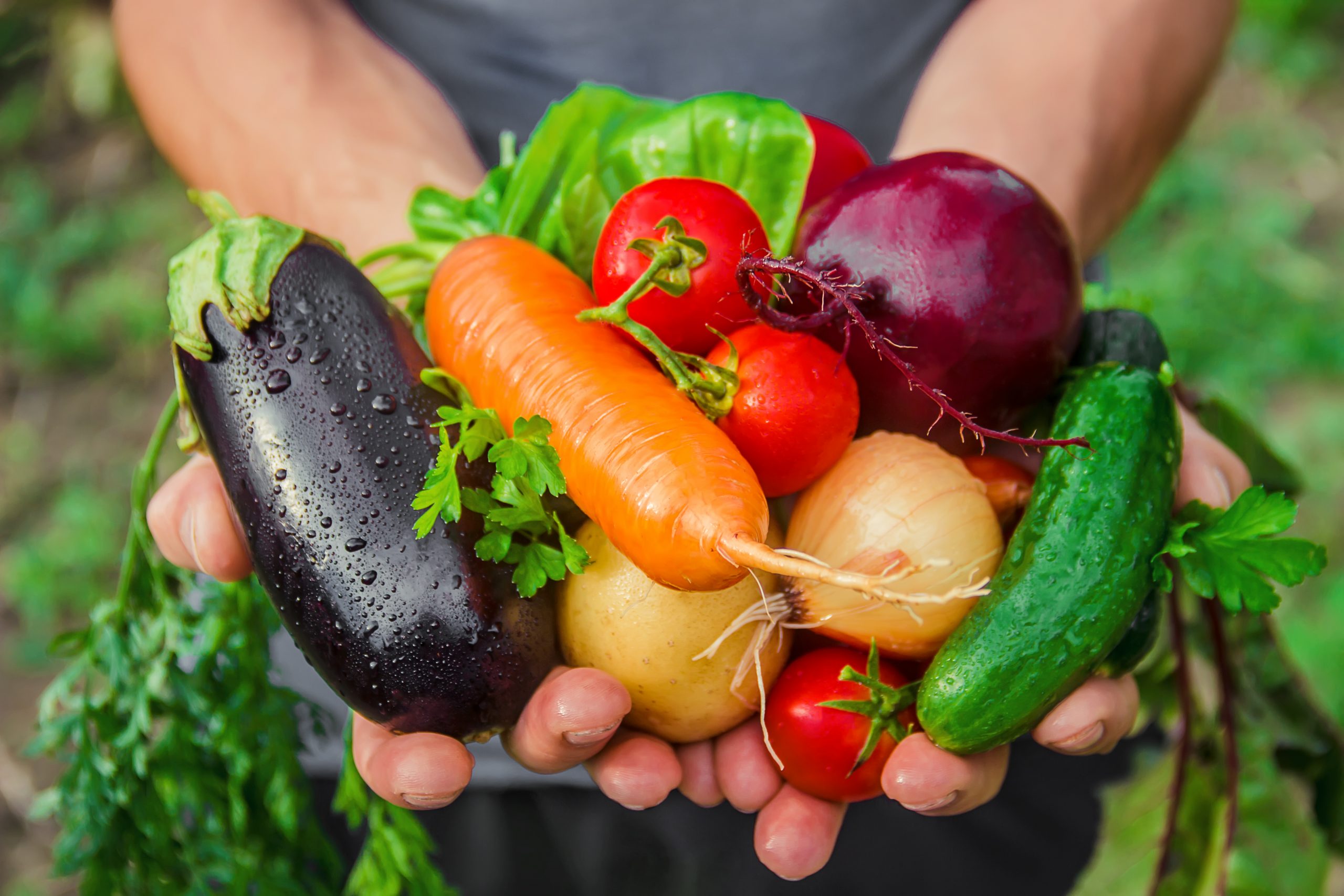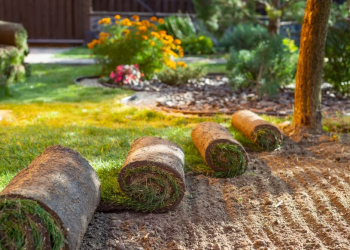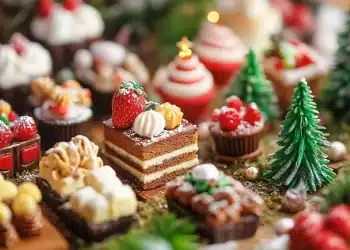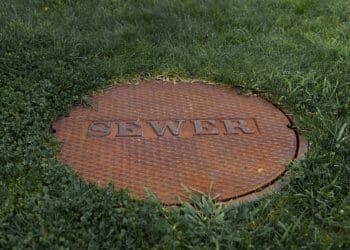Corten steel is becoming more popular as a material for planters. It is also used in landscaping, specifically for garden edgings, sculptures, fences, outdoor fire pits, and screens. This steel is known for being low-maintenance and durable. It can also add an attractive earthy and natural color to your garden.
Corten Steel Defined
Corten is the trademarked name of weathering steel. It is a group of steel alloys that forms a layer of protective rust after a span of time. This layer of rust would then protect the structure from further corrosion. It doesn’t require weatherproofing or painting and doesn’t compromise structural strength.

Corten steel lasts for a long time. However, this material is not advisable to use in regions near the ocean and humid or foggy areas. The protective layer of the patina may continue to corrode and weaken structurally instead of being stabilized. Nevertheless, it can still outlast wood.
You should also know that Corten isn’t fully rustproof. The water collected in the pockets will still corrode the material. Therefore, a drainage system should be constructed to prevent water from collecting in the pockets.
Corten In Gardens
Your garden planters should last for many years, even with the presence of soil in them. Other planter materials, including most metals, do not last long especially with dirt. At best, they’d last for about a year or two. On the other hand, Corten steel will last for decades. It also doesn’t need much maintenance to keep in good working order.
Gardeners love this material because its earthy hues provide a nice contrast to the vegetables’ green color. Moreover, since steel planters are thin, you can shape them in any way and make them easier to fit in tiny spaces.
You can build your own Corten planter or buy one that’s ready for garden use. Distributors such as Rustfab have the materials suitable for your needs. Good Corten steel planters will help supply your household with fresh vegetables for many years.
Admittedly, Corten is more costly than wood, but this steel will last for practically a lifetime. Treated wood used for resisting decay is full of chemicals, and no gardener should use this to grow edible plants. You also wouldn’t want old railroad ties as planters, as they are soaked in creosote. And responsible gardeners wouldn’t want harmful creosote in their soil.
Another viable material to use for an edible garden besides Corten is cedar, but it can be expensive. You’d also have to replace it eventually. Corten is still the clear winner in terms of cost-efficiency, durability, and versatility.
Corten And Vegetables
Tomatoes and other salad vegetables are safe to grow in Corten planters. However, to relieve any lingering concerns, you can line the planter’s interior with a food-grade waterproofing coat, similar to those used in rainwater tanks. Generally, it is safe to grow edible plants in planters made from weathering steel.
Keep in mind that steel absorbs heat. You could easily burn your hands on a hot day if you touch them without gloves. However, the absorbed heat benefits your plants in large garden beds because it can keep the soil warm overnight.
Maintaining Corten Planters
Corten planters are low-maintenance—you don’t have to do much to maintain them. You can concentrate on your plants and make sure they are in great shape instead. Since you can be a little creative with the material, you may shape them in any way to plant various types of veggies in your garden.
Concerns With Corten Steel
The protective layer of rust doesn’t wholly stop corrosion, it only slows down the process. Eventually, the material will rust very slowly and gradually. Be that as it may, since the primary concern for Corten is the rust runoff, you have to make sure that your planters are far from any material that could be affected by the rust runoff.
You could also install a drainage system to steer the rust runoff away from the materials that could get stained, like concrete. Some gardeners also place Corten planters on top of mulch or pebbles. This would considerably lessen the runoff’s effect—especially if your garden has an efficient irrigation system. Through this, the rust will stabilize in time, and the rust runoff will no longer be a concern.
Conclusion
Is Corten steel safe for vegetables? It certainly is. Corten steel may be expensive, but it can help you save money in the long run. Although some may have reservations about using weathering steel as a vegetable planter, you don’t have to worry as it is safe for this purpose. However, attaching a food-grade waterproofing coat on the planter’s interior can further help address any concerns you might have in using Corten steel for vegetables.







